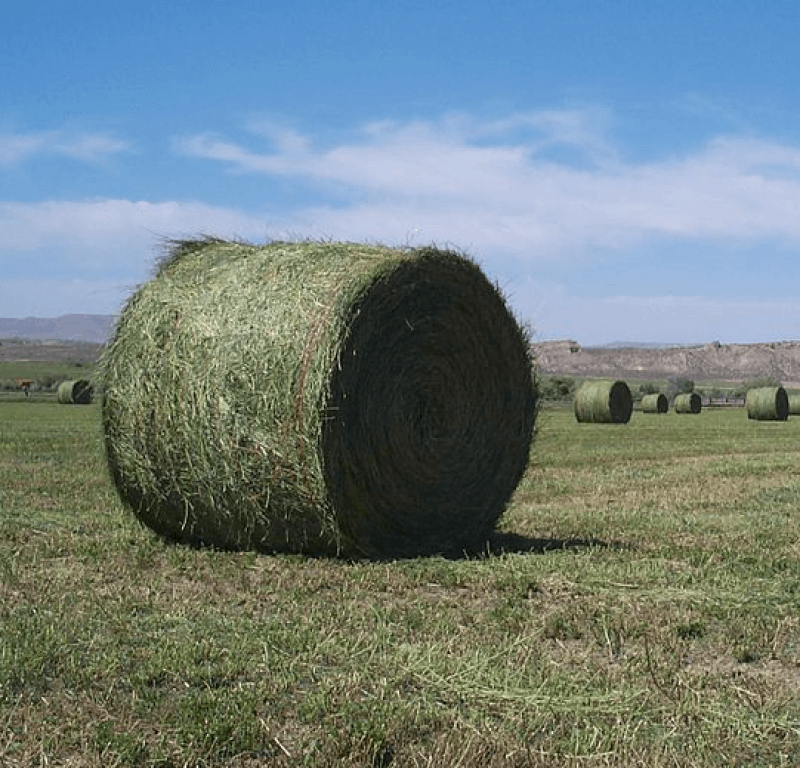…[R]elatively little has been known about the adoption of genetically engineered alfalfa, canola and sugar beets, crops that add substantial value to the U.S. agricultural sector.
For instance, alfalfa is the fourth largest crop in the United States in terms of acreage and production value. It was also the first widely grown genetically engineered perennial to be commercialized.
A recent USDA study found that most GE varieties of alfalfa, canola and sugar beets have herbicide-tolerant traits. The most common of these varieties are resistant to glyphosate.
The first genetically engineered alfalfa varieties were deregulated by USDA in June 2005. Following legal action from environmental groups in March 2007, plantings were temporarily suspended….
Once the applicable regulatory requirements were satisfied, GE alfalfa was fully deregulated in February 2011 and planting resumed that spring.
. . . .
Data from USDA’s Agricultural Resource Management Survey indicated that GE alfalfa constituted 13 percent of the 18 million acres of alfalfa harvested in 2013 with a total production value of $10.7 billion.
. . . .
The survey data from 2013 suggest that farmers who planted GE alfalfa had higher yields than farmers who planted conventional seeds.
On average, adopters’ yields were 0.53 ton per acre, approximately 17 percent higher than the yields of other farmers.
The GLP aggregated and excerpted this blog/article to reflect the diversity of news, opinion and analysis. Read full, original post: USDA Study Looks at GE Alfalfa, Canola, Sugar Beets































